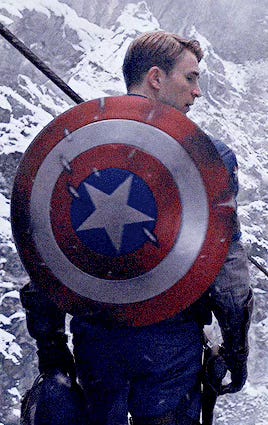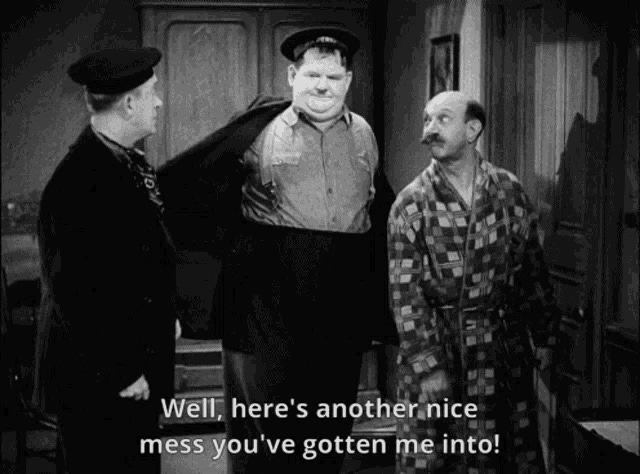Do you remember the first time someone believed in you fully?
In 1989, I joined Eton End, a Parents’ National Educational Union (PNEU) School in Berkshire (pronounced: Bark-shire), SE England. One my first day, I was invited into the headteacher’s office, where Miss Eve Anderson gave me an extraordinary gift.
Each new student to Eton End was given a Winsor & Newton pocket watercolour set. “You’ll need this” Anderson told me, “For our nature walks”. Every Wednesday afternoon, my classmates and I would follow Miss Anderson like a line of small ducklings (wearing hard straw boaters which we used to lark about in, causing them to look like they had chunks bitten out of them) for walks in the field behind the school, returning with handfuls of sloes, or leaves, or mushrooms, to paint, to the best of our ability.
The gift of a colourful new paint set made me feel incredibly lucky and nurtured. But it wasn’t the gift that made Miss Anderson special. She was special because she trusted us, the children. She believed that we could make good choices, a rare approach in 1990’s Britain. It turns out this was just one facet of a unique educational approach, originally devised by Charlotte Mason.
Mason was an advocate of home schooling in the school setting. Core to her teaching methods were, ‘narration’ in which children were told a story and asked to repeat it back to the class; ‘picture studies’ where a picture was considered carefully, turned over and described from memory; and nature walks, followed by careful painting of items collected. From memory, there was a surprising absence of focus on facts. This might be the reason I am hopeless at trivial pursuit.
None of this seemed particularly unusual to me, at the time. Looking back, it was a particularly relaxed approach to education which did not continue once I continued to high school. But I feel lucky to have had the chance to spend even a few years engaged in such blissful activities. And the trust from the teachers, and Miss Anderson herself, made me feel valued.
I’m working my way back to spending more time gazing out of the window, and frolicking in fields when there isn’t a gale blowing outside.
Who was Charlotte Mason?
Mason was an educator who founded a college in Ambleside in the North of England, also starting the Parents’ National Educational Union itself. She looks like an austere Victorian governess, but had a more humane outlook. She regarded each child as a ‘whole person’, to be educated as such. This non-universal principle of education established Mason as an educator 100 years ahead of her time.
Here’s our heroine, explaining why there is no need to actively develop a child’s character. It is more important to: ‘
“Provide a child with what she needs in the way of instruction, opportunity, and wholesome occupation, and her character will take care of itself: for normal children are persons of good will, with honest desires toward right thinking and right living. All we can do further is to help a child to get rid of some hindrance—a bad temper, for example—likely to spoil her life” [gender flipped quote].
How do you build a child’s character? “A thoroughly good thrashing” is Sam’s suggestion, from the sofa.
But apart from a French teacher who used to throw chalk at us, most of the teachers at Eton End did treat us as ‘persons of good will’. I felt valued and happy for the first time in a school setting, due to their high trust approach.
Some 30 years later, Stanley Standal would coin the term, ‘unconditional positive regard’, meaning to look upon each person generously, almost no matter their behaviour or actions. Carl Rogers also mentions the concept in his 1956 book, On Becoming a Person.
It was a revelation to me that I could say to my children, ‘I love you, no matter what you say or do.’ I do say it to them, frequently, and am greeted with an eye roll, every time. The children then entertain themselves by coming up with all the ways that this would prove foolish.
But I stand by it anyway. I trust that my kids will make responsible choices. Whether I’m dealing with children, friends, or carrot seedlings, I choose to trust them absolutely. Picking the right people (or heirloom vegetable seeds) in the first place is important, but once chosen, I trust them as I trust myself.
“But when you are looking on anyone as a friend when you do not trust him as you trust yourself, you are making a grave mistake, and have failed to grasp sufficiently the full force of true friendship.” - Seneca, Letters from a Stoic
Trust requires a step into vulnerability, and it is not always comfortable. But it enables our children, colleagues, and loved ones to learn that we believe in them, absolutely. It’s essential, if we want to be trusted, to trust others. Not because we deem them trustworthy, but because our trust in them builds engagement, and mutual respect.
American communication scholars Jean Goodwin and Michael Dahlstrom wrote that there are two general strategies for scientists to gain the trust of their audiences. Either, be funny, likeable, and, get your point across confidently (fine for a friendly audience or a topic that isn’t top priority) or, for more sceptical audiences or more important topics, be vulnerable: by engaging sceptics in conversation; admitting small mistakes; and allowing audiences to analyse the science themselves.
It must be hard for highly trained experts to trust laypersons. If I’ve spent 10 years learning how to be a doctor, I am unlikely to appreciate the person who strolls into my surgery with all the answers printed out from WebMD. And yet, doctors must be open to this in our super-connected world, if they hope their patients to trust them, which is of course essential to ensuring patients get the treatment they need.
I want to feel trusted in order to trust others. It’s essential if we’re going to get ourselves out of some of the messes we’ve gotten ourselves into.
There will be a tipping point with climate change which flips the topic from ‘not that important’ to ‘critically important’, at which point we’ll wonder why we didn’t do more about it, earlier. We will start to engage critically with all the data. Our grandchildren will ask us why we didn’t do more, to prevent things from getting worse.
Experts will need to engage their audiences with vulnerability, trusting laypeople, and opening themselves and their science up to extreme scrutiny. They will need to understand that it is not the trustworthiness of the audience that determines whether they are to be trusted. They must be trusted, and generous assumptions must be made, if we are going to ask them to trust us.
Walk the Pod will return in January. May I take this opportunity to thank you for reading this newsletter in 2024, and wish you a very merry festive break.







Enjoy your break, I know you'll still be walking!